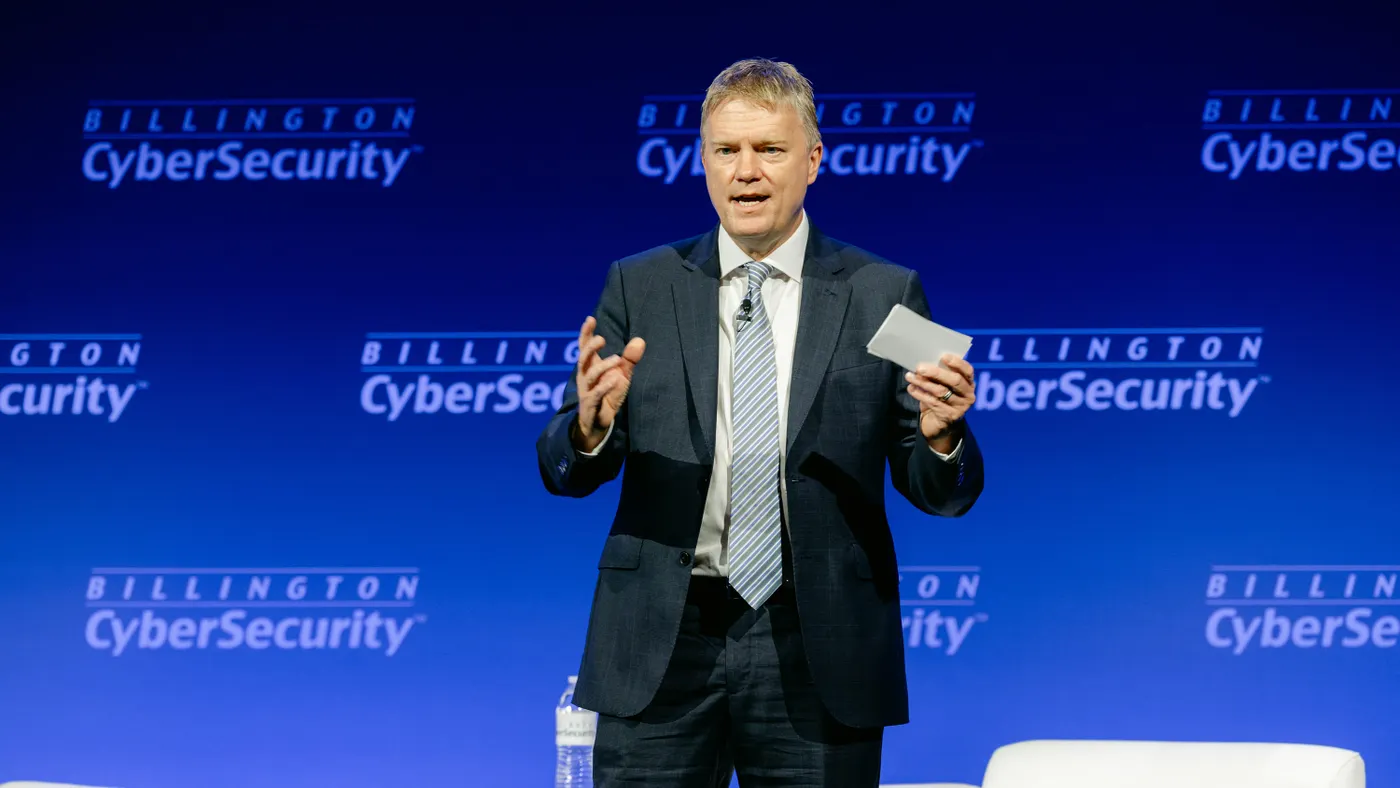
Jaguar Land Rover to resume some manufacturing within days
Jaguar Land Rover said it planned to resume some of its production in the next few days, as it continues a phased recovery from a cyberattack nearly one month ago.
The attack, which was disclosed on Sept. 2, resulted in hackers stealing customer data from the luxury automaker and disrupted production and retail capacity for weeks after the company shut down certain systems to protect against a direct cyber threat.
The update comes just one day after the U.K. Department for Business and Trade announced a $2 billion (1.5 billion pound sterling) loan guarantee to help the company support its supply chain, which was severely damaged by the attack.
U.K. Business Secretary Peter Kyle unveiled the plan after he visited JLR executives as well as a supplier named Webasto Group, which makes car sun roofs and other products.
“This cyberattack was not only an assault on an iconic British brand, but on our world-leading auto sector and the men and women whose livelihoods depend on it,” Kyle said in a statement on Sunday.
The company late last week announced a phased restoration of services, including sending parts to retailers and plans to clear out a backlog of payments.
Officials said JLR is one of the top exporters and employers in the U.K., with 34,000 workers at various locations in the West Midlands and Merseyside. The company also operates one of the largest supply chains in the U.K., which employs about 120,000 workers.
The five-year loan will be provided by a commercial bank and backed by the Export Development Guarantee from UK Export Finance, according to Sunday’s announcement.







